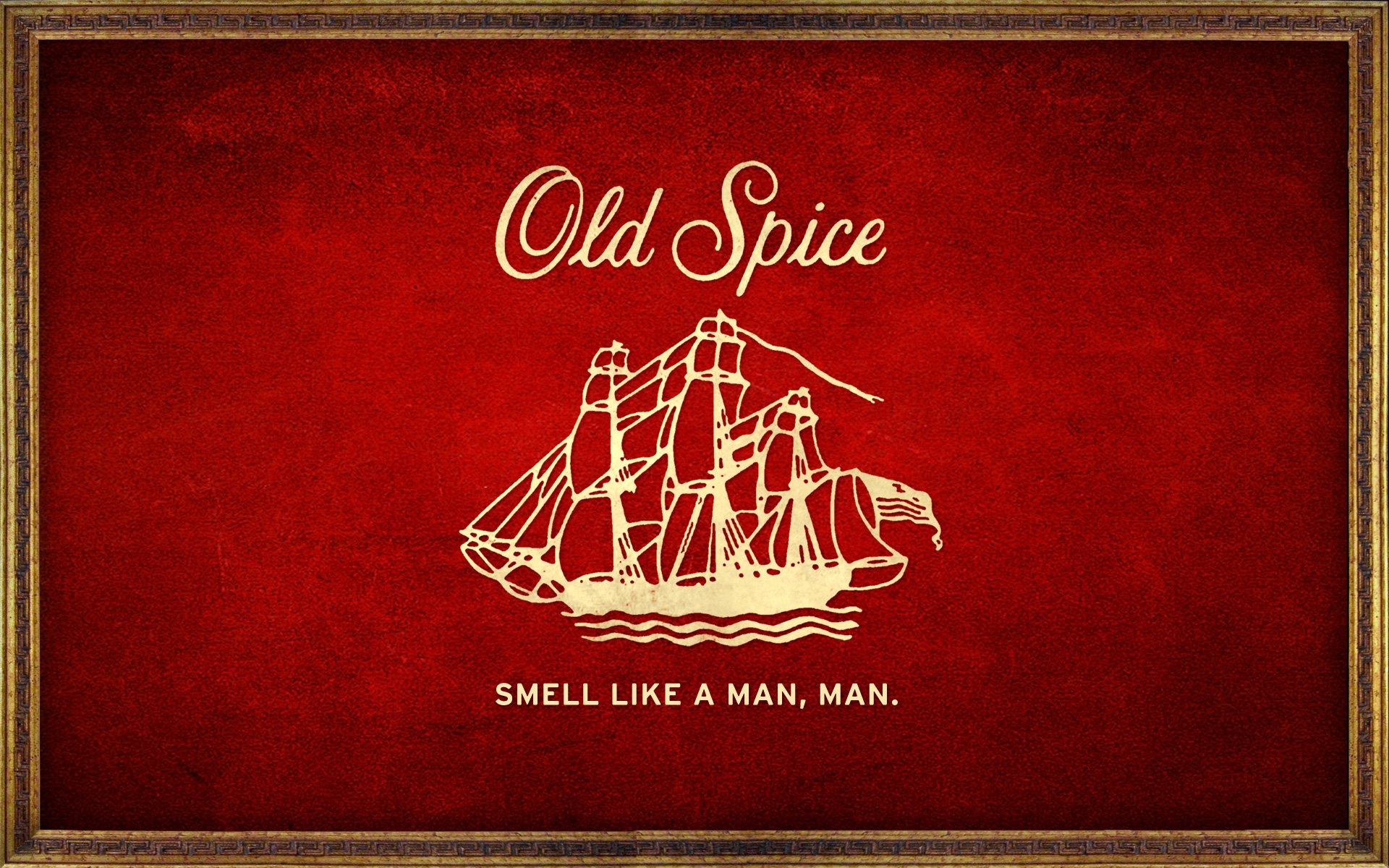The Myth Of Donor Fatigue

Let’s kill a myth.
Not with feelings. With facts, lived experience, and a little bit of sass.
Michael Mitchell brings all three to the table - and I couldn’t agree more. If you’ve ever blamed a silent inbox or a cold shoulder on ‘donor fatigue’, this post is for you (I have four fingers pointed at myself).
The concept of donor fatigue has been around my entire career (30 years this year!). It was this mysterious, elusive idea that always seemed beyond our control. Whenever key donors hesitated, failed to return my calls, or became unavailable for visits, donor fatigue became the convenient go-to explanation.
I knew the idea was bullcorn (yes, it’s a thing, though my mom - also my editor - never allowed me to sound like a sailor in polite company…not that it ever really stuck).
Here’s the thing… After working for a wealthy family for several years it was confirmed:
They didn’t get tired of giving - ever.
But what did they get tired of? Well, Michael says it best so I’ll hand the baton to him…
* * * * * * * * * *
Greeting friends of J.Paul! Grateful to have the chance to address you all here🙂👏.
So let me go ahead and rip the bandaid straight off right here at the beginning.
Donor fatigue is a myth.
It doesn't exist. Seriously.
There.
Is.
No.
Such.
Thing.
As.
Donor.
Fatigue.
Here's the hard truth.
What we often label as "donor fatigue" is usually one of three completely different problems:
1. Poor communication fatigue
People don't get tired of giving. Generosity does not have diminishing returns.
Do you know what people get tired of?
They get tired of boring, impersonal, repetitive appeals that don't connect to their hearts or show them the impact of their previous gifts.
When was the last time you felt "thanked out" by someone expressing genuine gratitude for something you did for them? Never, right?
The same applies to givers. They don't get tired of meaningful updates, sincere gratitude, and stories of impact.
They get tired of being treated like ATMs. They get tired of only hearing from us when we want something.
2. Lack of impact fatigue
People want to know their giving matters ... that it made a difference.
When they don't see or feel the impact of their support, they pull back.
This isn't fatigue from giving. It's frustration from not seeing results or from feeling like they're constantly having to bail us out.
When they don't see or feel the impact of their support, they pull back.
Think about it this way: if you gave a friend money to start a business, but they never told you how the business was doing, would you feel excited to invest more? Of course not!
Donors want to see their investment at work in the world. They want to feel connected to the outcomes. They want to experience the satisfaction of knowing they helped solve a problem they care about.
When we don't close that loop ... when we don't show people the direct line between their gift and the impact, we leave them hanging in emotional limbo. That's not fatigue. That's us failing to complete the giving experience.
Organizations that excel at showing impact don't have "donor fatigue" problems. They have waiting lists of people excited to give again.
3. Decision fatigue
This is real. When people face too many options requiring analysis and decision-making, they hit a cognitive wall.
But you don't solve this by asking less.
You solve it by making the decision process simpler and more emotionally resonant.
You solve decision fatigue by mercilessly stripping away every last shred of organizational jargon from your appeals. You solve it by not trying to educate someone into giving. You solve it by being crystal clear about exactly what you want them to do and what their gift will accomplish.
Remember: People don't want to read a dissertation on your theory of change. They want to help someone in need. They want to solve a problem. They want to feel something.
When you help people see exactly how their gift will make a difference ... in simple, emotional, human terms, you reduce the cognitive load of the decision and tap into their intrinsic desire to help.
Here's what this means for you:
If you're holding back from engaging with givers because you're worried about fatiguing them, you're likely missing opportunities to invite them into deeper generosity.
The real question isn't "Are we asking too much?"
Instead, you should be asking:
- "Are we communicating in ways that inspire rather than exhaust?"
- "Are we showing clear, specific impact from previous gifts?"
- "Are we making the decision to give simple and emotionally compelling?"
Let's call "donor fatigue" what it really is: an excuse.
An excuse that lets us off the hook when our fundraising isn't working.
The truth?
People don't get tired of giving any more than they get tired of eating chocolate or receiving genuine compliments.
When was the last time you heard someone say they had chocolate fatigue? Or compliment fatigue?
Probably never.
Why?
Because (at least for most people) chocolate and compliments are generally always a pleasant experience.
And generosity?
It's the exact same. Probably better.
Giving activates the exact same pleasure centers in our brains activated by good food or meaningful relationships. It's been shown to boost moods and increase overall life satisfaction. Some studies even suggest that generous people live longer.
Who knows? It may even make you run faster and jump higher.

In other words, generosity is awesome!
And, generally speaking, when something is awesome, people don't develop fatigue from experiencing it. They seek MORE opportunities to do it over and over again.
The next time you hear yourself saying something about donor fatigue, stop and ask yourself if what you're saying is really true or if you're just repeating a convenient narrative with no actual basis in reality.
Then, instead of assuming fatigue, assume generosity. Assume people want to help. Assume they're waiting to be invited into something meaningful.
Make those assumptions often enough, and you just might change the world.
* * * * * * * * * *
Michael! Thank you for sharing your wisdom.
So, my friends, how can you invite your folks into something more meaningful this week? A more heartfelt thank-you? A quick impact story? A beautifully simple ask?
Need a gut check? Ask yourself:
- Am I communicating in ways that inspire?
- Am I showing real impact?
- Am I making giving easy?
If not… that’s your next best move.
Let’s stop blaming fatigue and start fueling generosity.
I’m pulling for you all this coming week, and deeply grateful for the amazing work you do. Keep at it!
Before closing: I highly recommend that you subscribe to Michael’s Fundraising Friday newsletter and follow him on LinkedIn. He’s one of my favorite experts in major gift fundraising. His pro tips? Always short, sweet, and on point.
* * * * * * * * * *
If you haven't taken advantage of some of the resources I've created to help major gift fundraisers, take a look now! Initial calls with me are free and "no strings attached". Sometimes folks feel like they need to wait and not 'bother' me until they have a pressing issue. No need for that...just make the call. 🕺
Here's where you can access a lot of content for free:
* Follow me on LinkedIn - You'll get short pro-tips and reflections on major gift fundraising every day between 5-7am pacific.
* Breakthru Newsletter - As you've seen here, these are longer weekly posts (audio and written) sent directly to your email.
* Breakthru Blog - the newsletter from the previous week gets posted here each week for everyone (so email subscribers get it a week early).
* Breakthru Podcast - Interviews with high net worth givers about how we as fundraisers can get better at inviting them to the party. And audio readings of Breakthru Blog posts.
Before getting to the PAID stuff: My opinion is that no small ministry with a tight budget should be spending more than $3-5k (total) for major gift coaching/consulting. Most of you will be good-to-go spending far less than that. This was a major issue for me when I was a frontline fundraiser - major gift consultants were an expensive 'black-box-of-confusion' for me. That stops now.
Here's the PAID stuff:
* Online Catalyst Course - This is a full brain dump of my 28+ years of experience - good, bad, ugly. It's built around the fundamentals, the sacredness, and the fun, of major gift fundraising. It's infused with Henri Nouwen reflections. Many people can take this course and they will be 'cooking-with-gas' and not need any additional coaching from me on the core systems. I'm grateful that this course has gotten *great* reviews.
* Live coaching with me - I refer to this as "brain rental". The ROI on live coaching, as you might imagine, is extraordinary.
Finally, be sure to connect with my colleague Ivana Salloum. She's super awesome and can help with scheduling and access to resources, etc.
I look forward to hearing about your good work!
Blessings,







